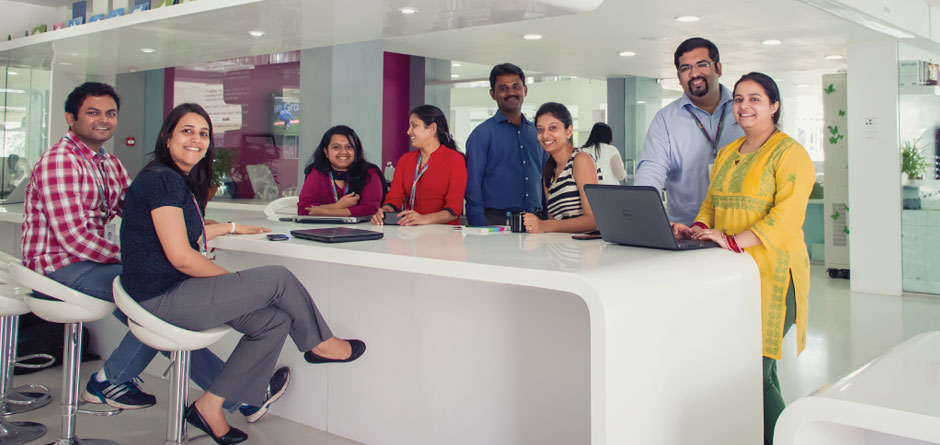People make decisions by comparing costs and benefits, their behavior may change when the costs or benefits change. That is, people respond to incentives. A person will do something only if he/she is being incentivized. Behavioral economics has gained currency in the last few years and the current Indian government is all set to use it to its advantage. As per research in behavioral economics, people pay timely taxes with honesty if there are incentives associated with it. Modi government has decided to incentivize honest taxpayers of the country so that more people are encouraged to pay their taxes timely and honestly. Finance minister, Arun Jaitley in the budget speech this year said that honest taxpayers will get several advantages. Central Board of Direct Taxation, the government agency mandated to frame rules for Income Tax is evaluating report which proposed priority public services for honest taxpayers.“The report currently being examined proposes to facilitate honest and consistent taxpayers by giving them a priority in availing public services such as airports and tax-related works,” said a tax official.
Honest taxpayers could be given priority in public services at highway toll plazas, railway stations, and airports. “It was proposed that the taxpayers who were consistently paying their taxes or even just filing their returns might be hosted at civic receptions held by prominent government functionaries and honored publicly,” said a senior official. The responsible body is looking after the proposal. “We are examining it (proposal),” CBDT Chairman Sushil Chandra told media. A few years back CBDT took the initiative to send ‘Thank You’ note to honest and diligent taxpayers and got an overwhelming response. The body wants to take the initiative forward with many more incentives in its bag.
Giving incentives like preferential treatment to honest taxpayers in public services will encourage more people to become taxpayers. The number of taxpayers has gone up exponentially under Modi government. The number of total Income tax Return (ITR) filers has gone up to 6.92 crores compared to 5.61 crores in 2016-2017, which indicates whopping growth of 26%. As per the Income Tax data, corporate tax collection registered a 55 percent jump while individual tax collection witnessed a 26 percent rise in the last three financial years. Corporate tax collection rose from Rs 32.28 lakh crore to Rs 49.95 lakh and individual tax jumped to Rs 58,576 lakh crore from the previous Rs 46,377 lakh crores. Income tax collection and the number of new income tax filers are growing exponentially since the monumental step of demonetization and structural reforms like implementation of GST, and Insolvency and Bankruptcy Code (IBC) were taken.
Tax to GDP ratio has grown at a steady pace but the country still lags behind BRICS and ASEAN countries in this respect. Sanjay Kumar, Senior Director, Deloitte India said that “Indonesia, for example, has 11.8% tax collection to GDP ratio. On the widening of the taxpayer base, we are still below a general estimate that taxpayers’ base should be about 10 crores.” India has the lowest Tax to GDP ratio among BRICS countries.
If Tax to GDP ratio is low, a country cannot afford basic amenities like health and education for its citizens. Universal access to these primary needs is required to build human capital and improve the standard of living. India has recently introduced Universal Healthcare through the National Health Protection Scheme (Popularly known as “Modicare”). The increased ‘tax to GDP ratio’ means that more money goes directly into government coffers and ultimately percolates down to citizens of our country. This money would go a long way in making India a welfare state, the kind that Deen Dayal Upadhyay had envisioned.
